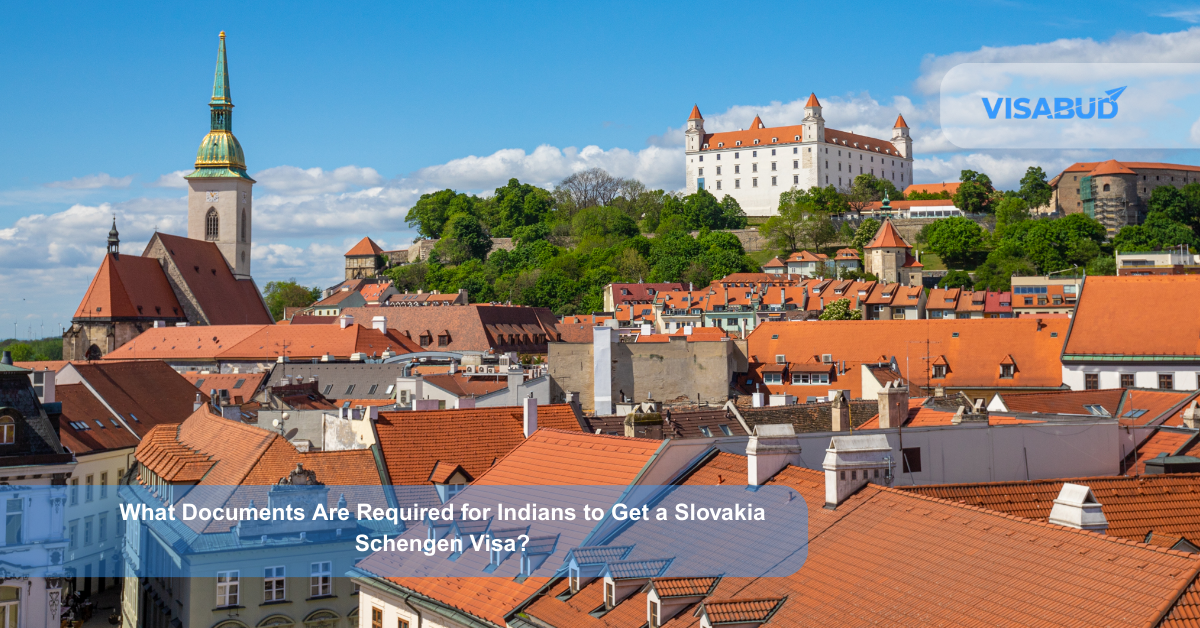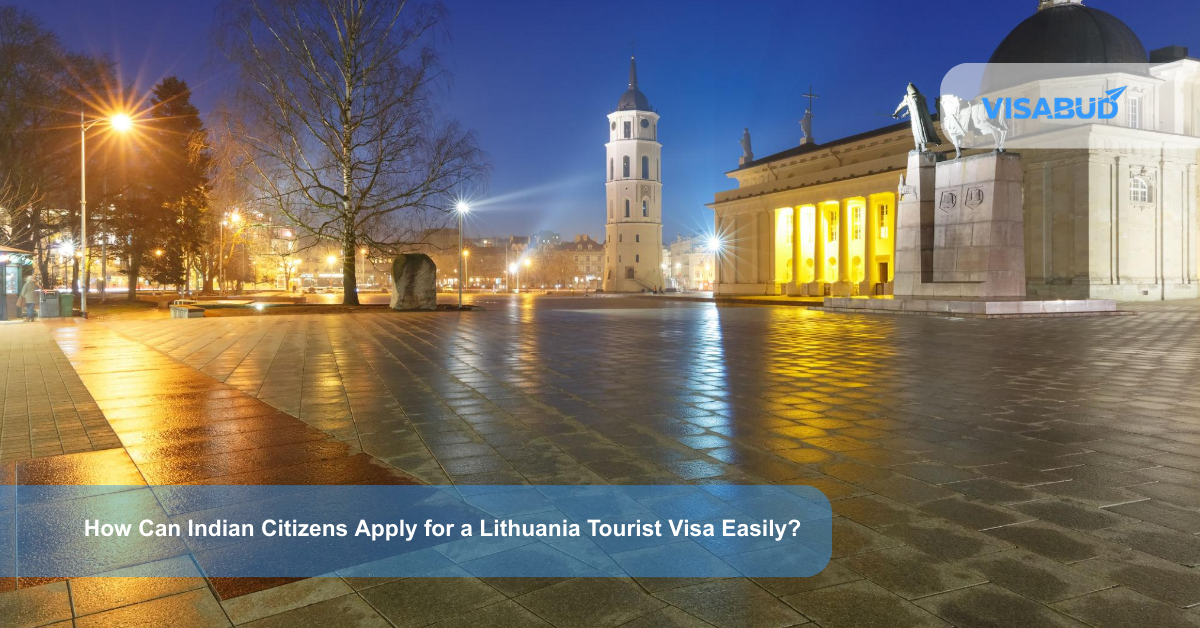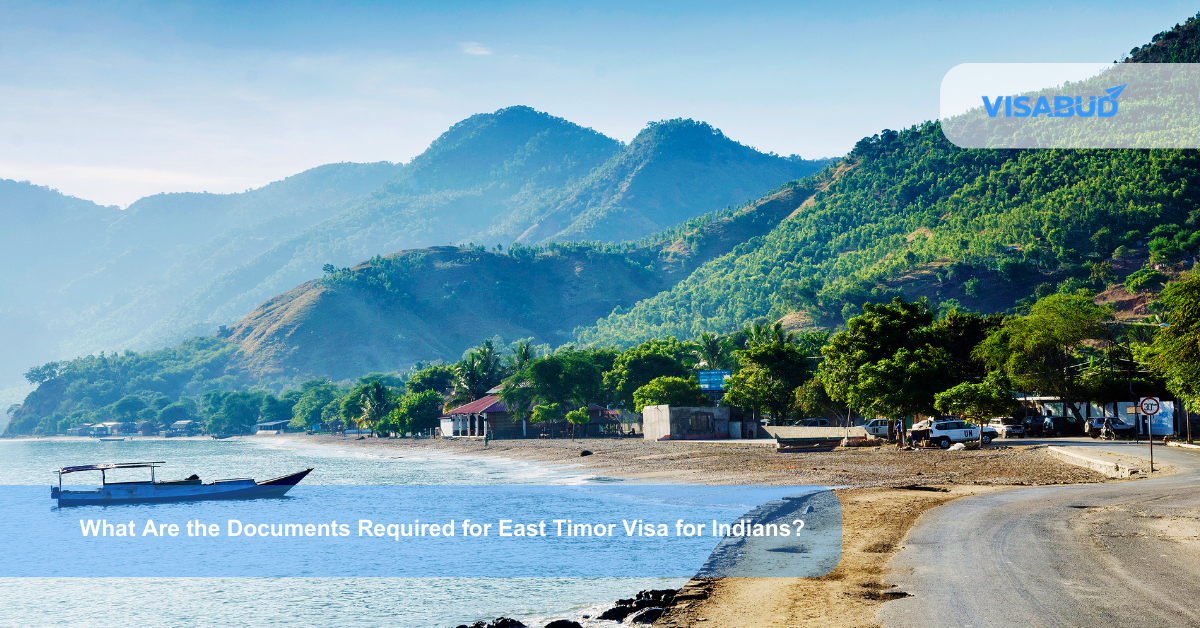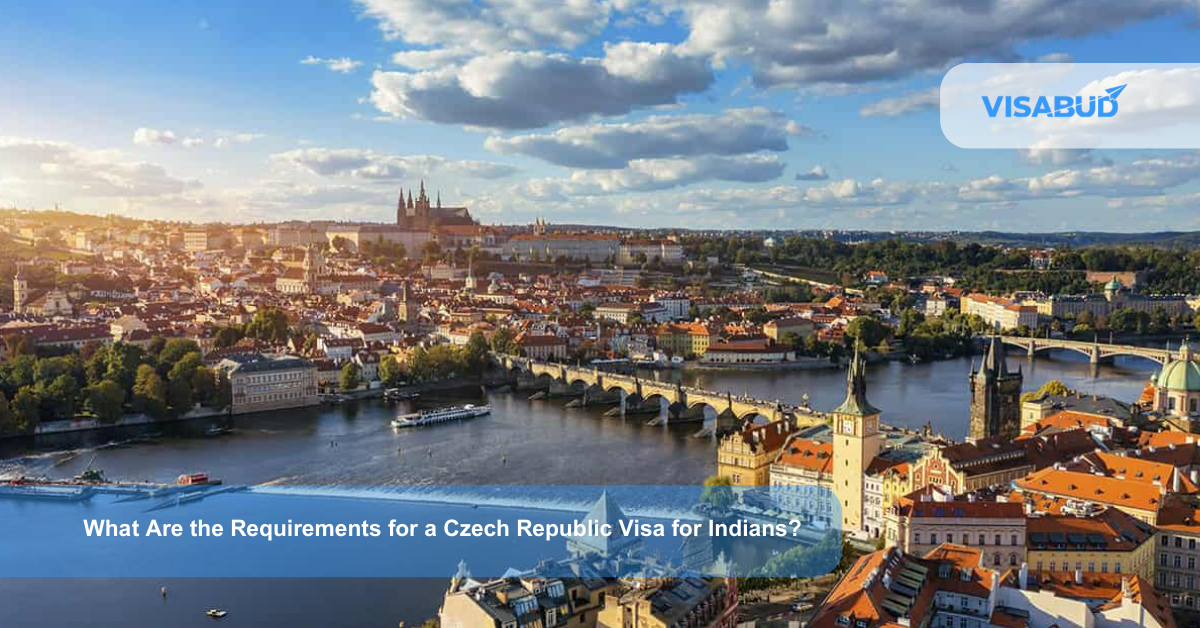Greece is a country that seems to have it all. From ancient ruins that tell the story of civilizations long gone, to vibrant modern cities full of life, and stunning islands surrounded by clear blue waters, Greece is a destination that appeals to everyone.
It’s a place where history meets contemporary lifestyle, where every meal, every street, and every sunset tells a story.
Whether you are a first-time traveler or someone returning to relive memories, Greece offers experiences that are memorable, unique, and immersive.
This article explores why Greece is considered a perfect blend of history, lifestyle, and travel, and what you can experience when visiting.
A Walk Through History
Greece is often called the cradle of Western civilization, and for good reason. Its history stretches back thousands of years, influencing philosophy, art, literature, and politics worldwide.
Even if you’re not a history buff, the atmosphere of these sites is captivating and inspiring.
Experiencing Vibrant Greek Lifestyle
The Greek lifestyle is relaxed, friendly, and full of life. People enjoy simple pleasures, and visitors often find themselves immersed in local culture without even trying.
Traveling in Greece isn’t just about seeing the sights; it’s about living the culture, understanding the people, and enjoying the rhythms of everyday life.
Delightful Greek Cuisine
No visit to Greece is complete without tasting the local food. Greek cuisine is fresh, flavorful, and healthy, using local ingredients like olives, vegetables, cheese, and seafood.
Food in Greece is not just about eating, it’s about sharing, socializing, and enjoying life slowly.
Stunning Landscapes and Islands
Greece is home to some of the most picturesque landscapes in the world. From sun-soaked islands to mountain trails, there is something for every traveler.
No matter where you go, Greece offers views that are unforgettable. The combination of sea, sun, and mountains makes it ideal for travelers looking for both relaxation and adventure.
Adventure and Activities for Every Traveler
Greece offers activities for all types of travelers. From exploring historical sites to enjoying water sports, the country is full of opportunities to make memories.
Whether you are looking for adventure, relaxation, or cultural immersion, Greece offers something for everyone.
Tips for First-Time Travelers
Traveling to Greece is easier when you plan smartly:
Top Attractions Not to Miss
Each destination offers a unique mix of culture, history, and leisure.
10 Frequently Asked Questions (FAQs)
1. Is Greece safe for tourists?
Yes, Greece is generally safe. Use normal precautions in crowded areas.
2. When is Greece most enjoyable to visit?
Spring (April–June) and autumn (September–October) are ideal.
3. Do I need a visa to visit Greece?
Most visitors need a Schengen visa, depending on nationality.
4. How many days are enough to explore Greece?
Around 7–10 days for Athens plus 1–2 islands.
5. Is English widely spoken?
Yes, especially in tourist areas, restaurants, and hotels.
6. What should I pack for Greece?
Light clothes, comfortable shoes, sunscreen, hat, swimwear, and a light jacket for evenings.
7. Can I use credit cards everywhere?
Mostly yes, but keep some cash for remote villages or small shops.
8. What Greek foods should I try?
Moussaka, Souvlaki, Tzatziki, Greek salad, seafood, and local wines.
9. Are Greek islands expensive?
Some islands like Mykonos are pricey, but Naxos, Paros, and smaller islands are more budget-friendly.
10. How do I travel between islands?
Ferries and boats are the most common and scenic options.
Final Words
Greece is a perfect blend of history, lifestyle, and travel. Its ancient ruins, lively culture, delicious food, stunning landscapes, and friendly people make it a destination that appeals to all kinds of travelers.
Whether you are walking the streets of Athens, tasting local dishes in a village, or watching the sunset over Santorini, Greece leaves a lasting impression.
It’s not just a country, it’s an experience. A place where past and present, adventure and relaxation, history and modern life coexist beautifully.
Traveling in Greece is about seeing, tasting, feeling, and living. It is a destination that stays in your heart long after you leave.







